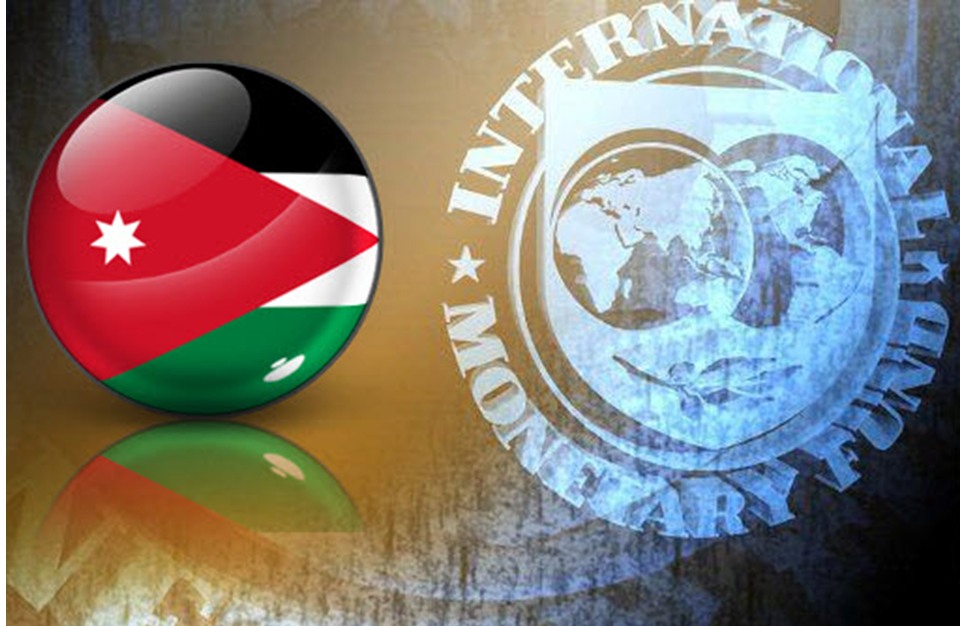- Mix
- Thu-2023-11-09 | 08:24 pm

Nayrouz News Agency :
The government successfully negotiated at the expert level with the International Monetary Fund to start a new national program for financial and monetary reform that would include up to $1.2 billion in funding over the course of the next four years, after fulfilling the requirements of the seventh review.
The program, according to Finance Minister Mohammad Issis, was set up by specialized Jordanian ministries and institutions and will support exports to boost economic growth and maintain financial stability by making the country's economy more competitive and lowering the unemployment rate by generating jobs and increasing social protection.
He emphasized that the program does not include raising taxes or imposing new taxes, and that the government is committed to continuing to combat tax evasion and avoidance, which achieves tax justice and raises public revenues for the treasury without adding any new tax burdens on citizens.
Governor of the Central Bank of Jordan (CBJ) Adel Sharkas, in turn, reaffirmed the bank's commitment to the new "Extended Fund Facility" program in order to sustain banking and monetary stability in the Kingdom. This includes upholding the fixed exchange rate policy of the Jordanian dinar with the dollar, improving financial inclusion in the Kingdom, and making it easier for small and medium-sized businesses to obtain financing.
In a statement, the International Monetary Fund (IMF) stated, "The Jordanian authorities have demonstrated strong and consistent performance in relation to the Extended Fund Facility (EFF) program over the past few years."










